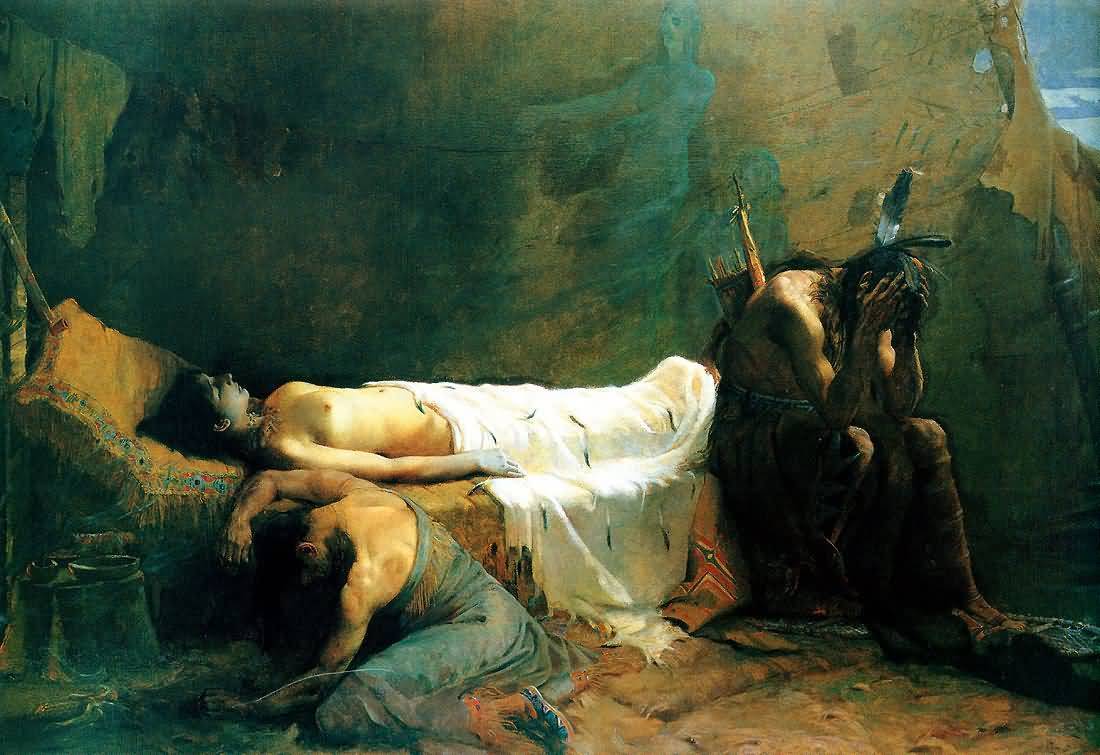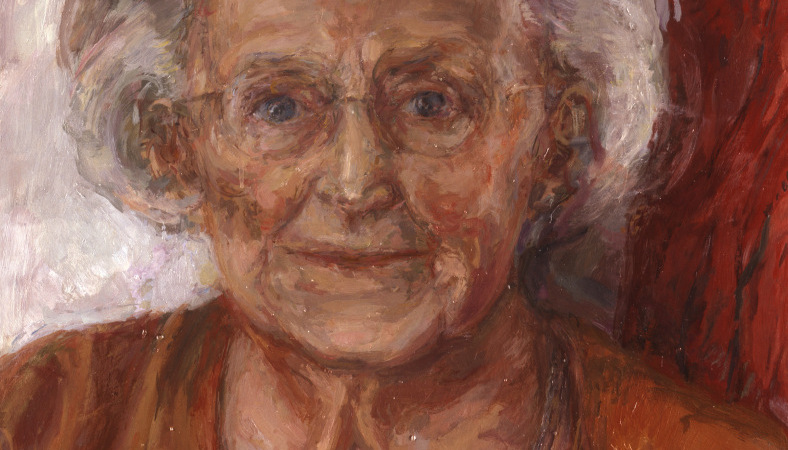I was involved in an interesting conversation this afternoon, during which, I was surprised to learn of the lack of understanding of dying – amongst colleagues who work in healthcare.
I thought, to this end, and, given the ruling published today relating to the cessation of feeding and artificial hydration of people in Persistent Vegetative States that I would write this blog.
And, also, because my friend and former colleague Mark asked for an opinion.
The scene:
I am sitting in a darkened room in the soon to be demolished Victoria hospital in Glasgow.
Mum is dying.
I get it, as does my sister and those family members and friends who visit.
The situation however eludes the medical team. They don’t understand. They are trapped in what I usually call the ‘medical model’ – this is the doctor – patient relationship of always doing something, another test, another investigation or treatment;
And, my mum not conscious, hand in mine, laboured breathing but little more.
The doctor identified a heart irregularity, they wanted to treat. I had to interpose myself between mum and the consultant to stop their plans of inserting a cannula in her swollen arm.
I can also remember, quite clearly, sitting in the room, searching for palliative care guidelines on my iPad, for, although by then I was a consultant and a supposed expert in the care of older and vulnerable people, I didn’t know. I was in the dark.
I later came to champion the cause of a dignified death through my work in Doncaster.
At heart, I am still however that same uncertain figure wanting the best, sometimes, confused at the actions of others.
And in the meeting I mention at the start, the conversation touched on the complexity of death, the necessity for specialised treatment and care.
My explanation was that although Specialist Palliative Care services which began in the UK and where we continue to provide world leadership are necessary – essential, most of those who die in 21st Century Britain do not need sophisticated medicalisation or specialist drug regimens; they merely need people who understand the limitations of life, humanity and existence, who are sensitive to the needs of the person who is dying, their relatives, friends and family, when something more exquisite than professional qualifications are required – empathy.
And oftentimes, empathy is not taught. It can be explained, it can be unlocked in those who don’t quite get it, and, I believe it is somewhere in all of us, buried, but present.
As a modern society we have forgotten death; it has lost its familiarity, and, this I celebrate. Rather than an everyday part of life, it has now become an extremis, an exception.
With these changes however, we have diluted our understanding of the end – of grief, and celebration of life.
For all the landmark decisions, inherent in the ruling relating to M, we will continue to encounter one-offs, situations that no one has thought of or encountered. And for these, we will continue to learn and grow as a society.
Within this, we must not become deskilled in the elements of a ‘good death’ or high-quality palliative care, support, empathy, love or adoration; we must maintain these abilities.
There are estimated to be 100 people in the UK who exist in a Persistent Vegetative State – a condition of unrecoverable brain injury associated with loss of awareness of self, others and the environment.
Every day in the UK over 1000 people die, mostly of natural causes, that is, old age, long-term conditions complicated by acute illness.
We need the legal framework to support those existing in the nether-land of PVS, equally, and in my experience, we must ensure that those people dying daily at home, in care homes and hospitals receive the most compassionate, person-centred experience possible.
No needless needles, tests or, examinations; no futile drips, tubes or catheters. No pointless trolley journeys to x-ray and CT. Stop the drugs that do not add quality to life; involve the person who is dying – they have a right to know what is happening and, the family.
Don’t call them at three in the morning before they have had an opportunity to say goodbye.
Don’t medicalise.
Put your ego aside, place the person who has honoured you with their care at the centre.
And, if you don’t know, if you aren’t sure, if you are asking yourself the question, ‘Why do the nurses, therapists, son or daughter look at me strangely,’ consider, that they are all trying to communicate something to you that they can’t articulate.
Doctors in our society have overwhelming power – they are able to determine life or death, freedom or institutionalisation – they can trample human rights and dignity.
Acknowledge this power – this supposed superiority, and use it wisely, use it sensitively, with care, for it is likely that one day you will find yourself in a similar situation, holding the hand of someone who needs release but remains trapped by systems and structures, organisations and hierarchies.

Originally published at almondemotion.com


